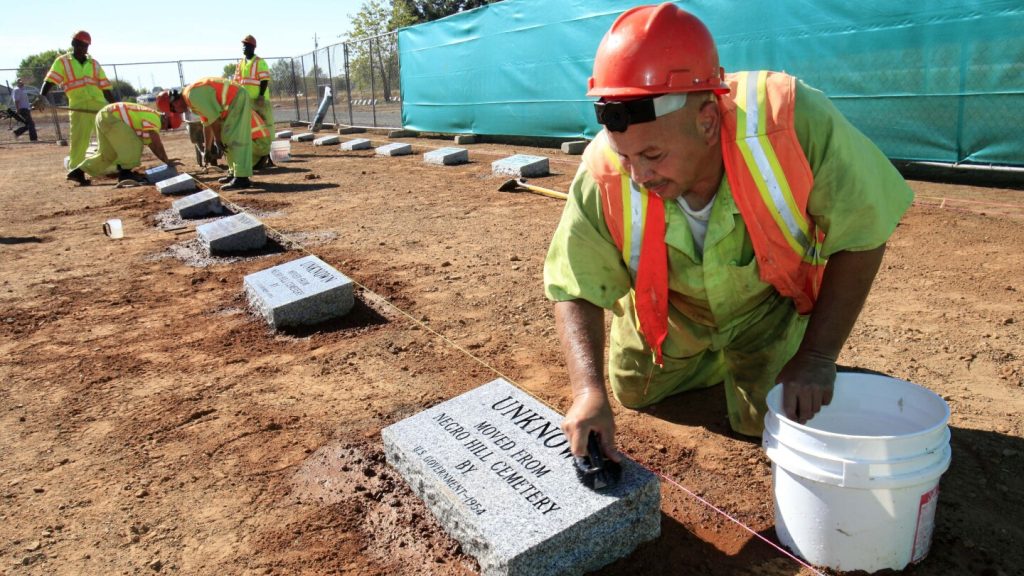California and Nevada voters will have the opportunity to decide in November whether to ban forced prison labor by removing language from their state constitutions that dates back to the legacy of chattel slavery. The proposed measures aim to protect incarcerated individuals from being compelled to work under threat of punishment for extremely low wages, with some prisoners in Nevada making as little as 35 cents per hour. The push to remove these provisions comes amid a historic election season, with Vice President Kamala Harris running as the first Black and Asian American woman for president.
In recent years, several states like Colorado, Alabama, and Tennessee have eliminated exceptions for slavery and involuntary servitude, though changes have not always been immediate. Colorado, for example, removed an exception for slavery from its constitution in 2018, but incarcerated individuals still alleged being forced to work. Both Nevada and California are now considering proposals to abolish slavery and involuntary servitude as punishment for a crime. In Nevada, incarcerated individuals engaged in wildland firefighting, one of the most sought-after prison work programs, are paid around $24 per day, while other prisoners receive significantly lower wages for dangerous work.
California amended its constitution in the 1970s to remove an exemption for slavery, but the exception for involuntary servitude remains. The current system has led to situations where injured prison firefighters, like Darrell White, received minimal disability payments despite the physical and financial challenges they faced. White’s case went all to the Nevada Supreme Court, which rejected his appeal, questioning whether prisoners were entitled to minimum wage compensation. Advocates for the ban on forced prison labor argue that it is unfair to pay incarcerated individuals such low wages when they have financial needs and challenges after their release.
The California state Senate rejected a previous version of the proposal due to concerns about the potential costs if the state had to pay all prisoners the minimum wage. However, Governor Gavin Newsom signed a law that would establish a voluntary work program in state prisons, with wages set by the Department of Corrections and Rehabilitation. The law will only take effect if voters approve the ban on forced labor. Supporters of the measure believe that offering therapy or education as alternatives to forced labor will give incarcerated individuals more opportunities for rehabilitation.
Assemblymember Lori Wilson, who authored this year’s proposal in California, emphasizes the importance of providing rehabilitative work for individuals who have experienced trauma, like herself and her brother. Wilson’s personal experience highlights the impact of therapy and support on one’s ability to overcome challenges and avoid incarceration. Formerly incarcerated individuals like Yannick Ortega, who now works at an addiction recovery center, share their stories of forced labor in prison and the importance of education as a path to redemption. The proposed ban on forced prison labor aims to give incarcerated individuals the chance to pursue rehabilitation and build a better future beyond their time in prison.


